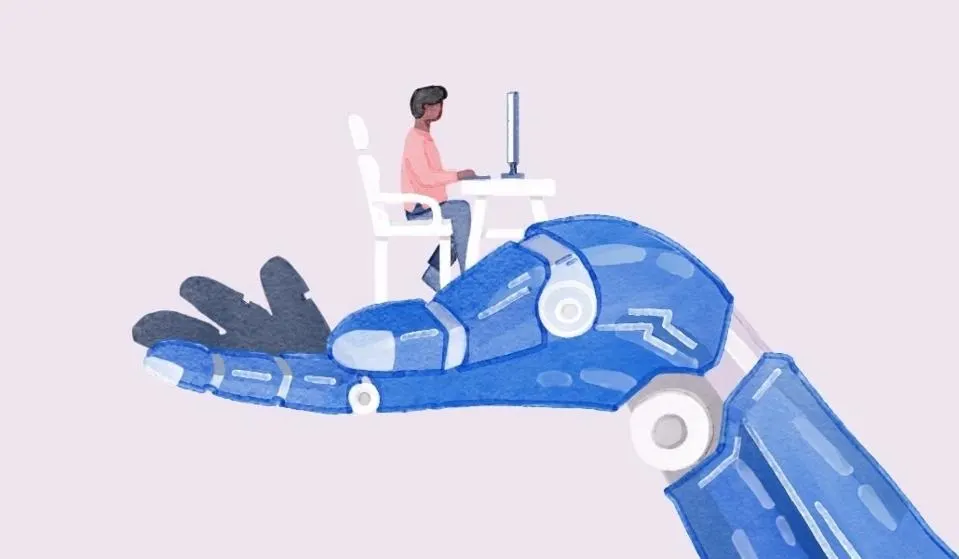The integration of artificial intelligence (AI) into Australian workplaces is rapidly expanding, with a significant majority of employees asserting that the technology facilitates their job responsibilities, according to a recent poll conducted by Fusion Digital.
The survey, encompassing 1,000 Australian workers, unveiled that a staggering 86% of respondents are currently utilising AI in their professional domains. Among these individuals, 55% reported using AI tools sporadically, while 16.1% claimed rare usage and 15.7% indicated constant reliance on the technology. On average, Australian employees dedicate approximately 4.6 hours per week to AI-related tasks, with larger enterprises devoting a notably higher average of 6.7 hours compared to smaller businesses, which allocate roughly three hours.

Scott Pittman, Founder of Fusion Digital Agency, emphasised the profound impact of AI on workplace dynamics over the past year. “Our research demonstrates the substantial influence of AI in the workplace, particularly in recent months. As digital marketers, we’ve witnessed firsthand the rapid pace of adoption. AI is not merely a passing trend; it is firmly entrenched in our professional landscape and shows no signs of deceleration,” Pittman remarked.
The survey revealed a widespread acknowledgment of the benefits associated with AI implementation. An overwhelming 67% of respondents attested to the technology streamlining their job responsibilities, with employees of larger organisations exhibiting a higher propensity to concur. Additionally, three-quarters of participants recognised AI as a time-saving asset, with 35% reporting time savings of five or more hours weekly, and 25% reporting savings of up to two hours.
AI isn’t poised to replace human labour entirely; instead, it empowers employees across various sectors to enhance their efficiency and overall output
Pittman further emphasised the transformative potential of AI in augmenting workforce productivity. “AI isn’t poised to replace human labour entirely; instead, it empowers employees across various sectors to enhance their efficiency and overall output. The current landscape offers a competitive edge to those adept at leveraging AI effectively. The time for Australian professionals to embrace this technological revolution is now,” Pittman asserted.
However, despite the prevalent adoption of AI, a notable segment of employees remains apprehensive about its reliability. More than half of the respondents (53%) expressed skepticism regarding AI’s trustworthiness, while 48% expressed confidence in the technology. Notably, Generation Z individuals, often deemed digital natives, exhibited a pronounced skepticism towards AI, with only 40% expressing trust and a mere 30% endorsing AI’s accuracy.

The survey underscores the critical need for ongoing dialogue and policy development to address lingering concerns surrounding AI integration in the workplace. As Australia navigates the evolving landscape of AI technology, fostering trust and understanding among employees will remain paramount to harnessing its full potential in driving organisational success.





